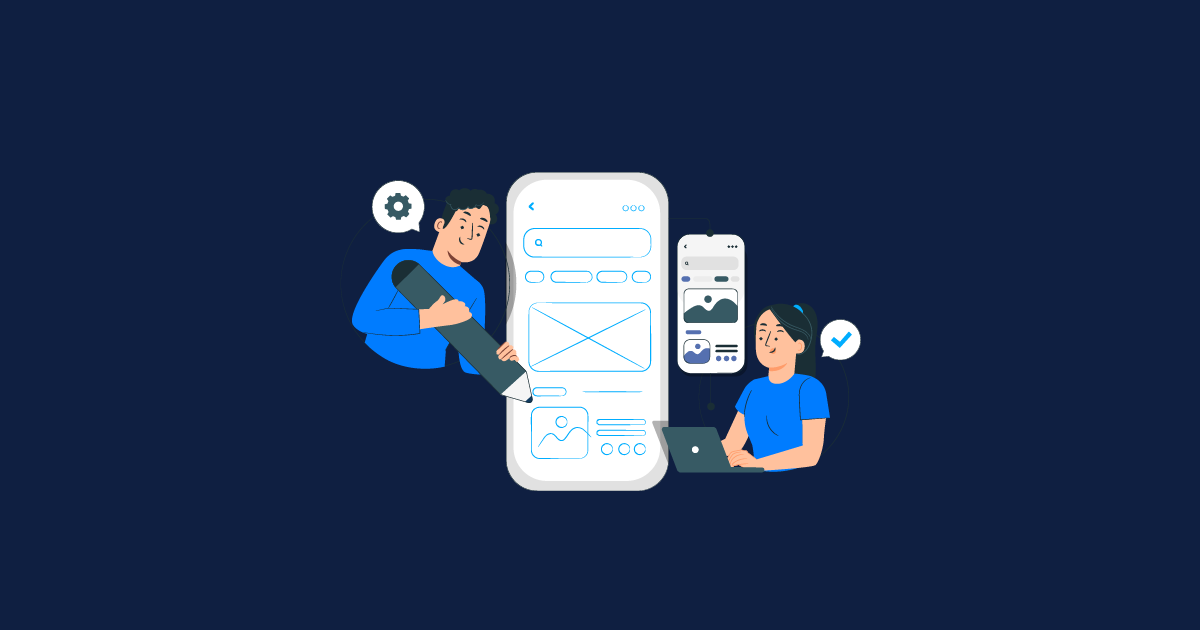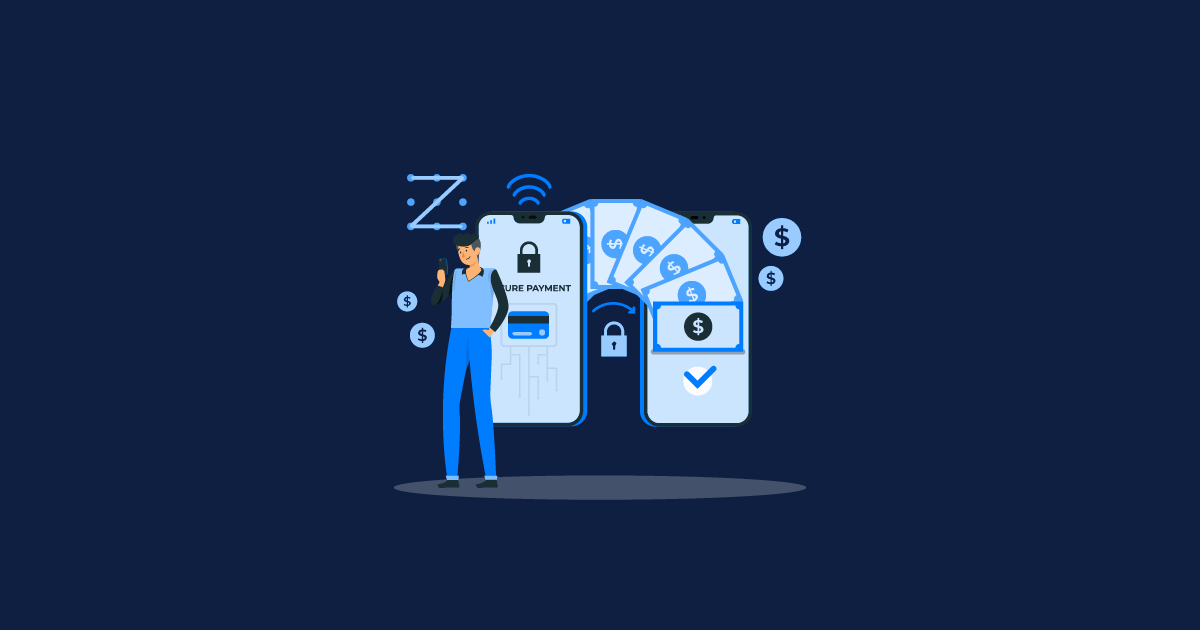Supercharge your eCommerce success with QAonCloud's cutting-edge testing services. Elevate your online store's performance and user experience to new heights.
Customer experience is paramount in the realm of online shopping. In fact, 86% of buyers are willing to pay premium prices for a delightful customer experience. And for a delightful customer experience, thorough eCommerce testing for websites is essential. Thorough testing guarantees that users are interacting with bug-free websites & applications, ultimately enhancing customer experience.
Come, let’s delve into details of how important testing is, for eCommerce websites/apps:
Importance of eCommere Websites/apps Testing for Flawless Shopping Experience
eCommerce websites/apps testing ensures that it functions as intended. It checks if all the features and functionalities of the application/website are working correctly, such as product display, shopping cart, payment gateway, checkout process, and shipping.
Thorough testing of eCommerce websites/apps serves as the primary means to enhance the user experience. If a website/app is plagued with errors and if users face problems like broken links, incorrect pricing, or difficulty in adding products to a cart with these errors users will not find the eCommerce website/app engaging, leading them to leave even before exploring additional product pages.
eCommerce websites/apps testing is an essential investment for businesses seeking to provide a smooth, secure, and delightful shopping experience to their customers. By identifying and rectifying potential issues before they affect users, testing contributes significantly to the success and growth of eCommerce ventures.
We will now outline how eCommerce testing improves the shopping experience of users.
How eCommerce Testing Improves the Shopping Experience of Users?
eCommerce website/app testing plays a crucial role in improving the shopping experience of users in several ways. By conducting thorough and comprehensive testing before launching the website/app, developers can identify and rectify potential issues, ensuring a smooth and pleasant shopping journey for users. Here are some specific ways in which testing improves the shopping experience:
Bug-free experience
Seamless navigation
Responsive design
Secure transactions
Compatibility across browsers & devices
UI/UX enhancement
Website speed testing
Critical Areas to Focus on While Performing eCommerce Testing
1.Website Functionality:
Test all features and functionalities of the eCommerce website, including product search, navigation, shopping cart, checkout process, account creation, and login/logout procedures. Verify that all buttons, links, and forms work correctly.
2. Payment Processing:
This is a crucial aspect of eCommerce testing. Test various payment methods (credit cards, PayPal, etc.) to ensure transactions are processed accurately, securely, and in real time. Check for proper error handling during payment failures and verify that sensitive data is encrypted.
3. Product Catalog:
Ensure that the product listings display accurate information, including product names, descriptions, prices, and images. Verify that product categories and filters function correctly.
4. Inventory Management:
Test inventory levels and update when products are added to the cart or purchased. Ensure that out-of-stock items are appropriately marked, and customers cannot purchase them.
5. Security:
Security is paramount in eCommerce. Perform security testing, including vulnerability assessments and penetration testing, to identify and address potential threats to the system, such as SQL injection, cross-site scripting (XSS), and cross-site request forgery (CSRF).
6. Website Speed Testing:
Website speed testing is also a crucial area to focus on as it directly impacts user experience, conversion rates and search engine rankings. A slow-loading website can lead to frustration, abandoned carts and loss of potential customers. Test different pages, caching & content delivery networks, server performance, lazy loading, and optimize images.
7. Mobile Responsiveness:
Test the eCommerce website on various mobile devices to ensure it is responsive and provides a seamless user experience on different screen sizes.
8. Performance and Load Testing:
Evaluate website performance under various traffic loads to ensure it can handle peak times and high volumes of users without slowing down or crashing.
9. Order Processing and Fulfillment:
Test the order processing flow, from order placement to fulfillment, shipment, and delivery notifications. Verify that order statuses are updated correctly.
10. User Registration and Accounts:
Test the registration process and user account functionality. Ensure that users can create accounts, update their information, and reset passwords securely.
11. Usability and User Experience:
Evaluate the overall user experience and ease of use of the website. Check for intuitive navigation, clear calls-to-action, and an overall user-friendly design.
12. Cross-Browser Compatibility:
Test the eCommerce website on different web browsers (e.g., Chrome, Firefox, Safari, Edge, etc.) to ensure compatibility and consistent performance across platforms.
13. Accessibility:
Verify that the website is accessible to users with disabilities, complying with accessibility standards (e.g., WCAG) to make it usable for all users.
14. Error Handling:
Test error messages and handling to ensure they are clear and informative, and help users resolve issues during their shopping journey.
15. GDPR Compliance (or relevant data protection regulations):
Ensure that customer data is handled and stored in compliance with relevant data protection laws to protect user privacy.
16. Shipping and Tax Calculations:
Test shipping cost calculations and tax calculations to ensure accuracy and consistency across different regions and order types.
By focusing on these critical areas, you can help ensure a reliable, secure, and user-friendly eCommerce website that provides a positive shopping experience for your customers.
Conclusion:
Lastly, in order to enhance eCommerce performance and customer experience it is crucial to prioritize eCommerce website/app testing to ensure a seamless shopping experience for the users.
By regularly doing quality assurance for eCommerce, you can significantly enhance the value of your products and ensure continuous growth of your website.
We at QAonCloud offer a wide range of eCommerce testing services with a common objective: to ensure that your eCommerce website/app is customer-friendly and free from defective elements that could affect the user experience. For more details check out our eCommerce testing services here.


